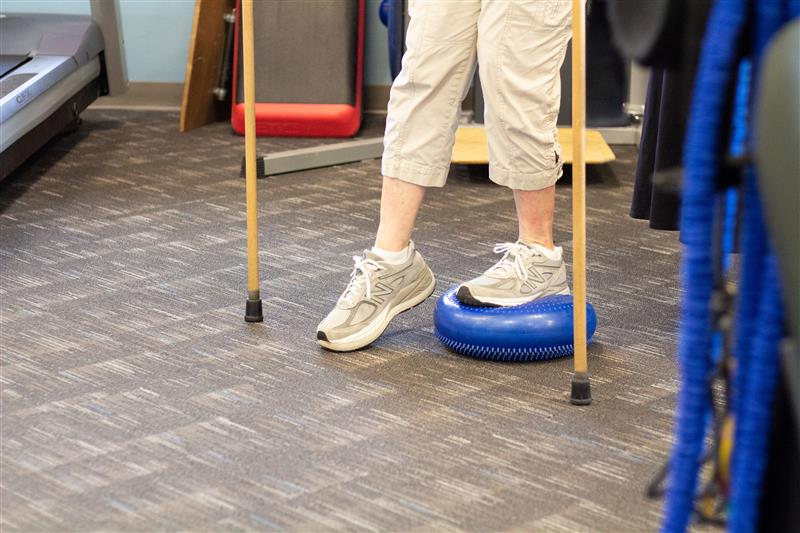We’ve all been told to drink more water, but did you know being properly hydrated is critical to physical therapy success? Just as you ensure proper hydration for physical activity, it’s important to take this into consideration throughout your physical therapy.
Many Benefits of H20
Water has many benefits—it flushes toxins out of the body, transports nutrients into the cells, and helps regulate body temperature and pH balance. It can also help with muscle soreness and tension. And for many patients receiving physical therapy, muscle soreness or pain is a common reason they’re at ProActive. By drinking more water, you can help to change your muscle consistency and soften tight muscles. By following your at-home physical therapy program and staying properly hydrated, you’ll be on the road to the results you want.

The Benefits of Hydration After Physical Therapy
Water is what helps thin the blood and move nutrients and oxygen through the body. It’s crucial to drink water after an injury so cell-repairing nutrients can be brought to the recovering area.
Here are a few of the many ways that staying hydrated can help you during physical therapy.
- Lubricates your joints – Just like a car works best when it’s well-oiled, your body works best if you’re well-hydrated. Drinking enough water can help lubricate and cushion your joints.
- Eases muscle soreness – Any regular gym-goer can tell you the easiest way to prevent and relieve muscle pain is to stay sufficiently hydrated before, during, and after each workout. Since physical therapy involves physical activity, you can keep post-appointment soreness at bay by drinking plenty of fluids.
- Provides all-natural healing – Countless patients seek physical therapy with hopes of avoiding surgery and the use of medication in their treatment. By staying hydrated, you can help your body transport nutrients to your cells to support healing.
- Prevents muscle cramps when you sleep – Restful, restorative sleep gives your body the best chance for a full recovery, but dehydration may lead to painful muscle cramps that can wake you up.
Now, which type of liquids should you be consuming? We recommend sticking to good ol’ H20 for most of your liquid intake. Feel free to add in some unsweetened green tea, or herbal tea, and try to steer clear of soda, fruit juice, or anything filled with sweeteners. Try infusing your favorite fruits to break up your typical water routine.
If you have questions regarding how much water you should be drinking daily, talk to your ProActive physical therapist.



